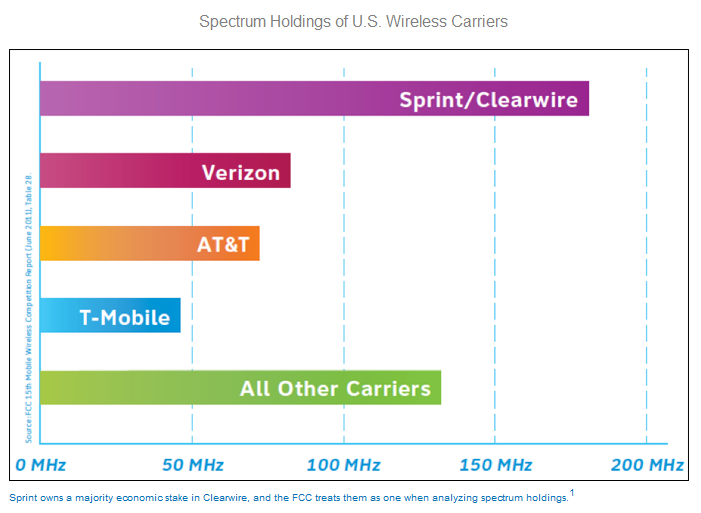AT&T: Is the T-Mobile effort worth the hassle?

AT&T pulled its proposed merger with T-Mobile from the Federal Communications Commission, said it will take a $4 billion charge and reportedly will aim to divest network assets in a bid to get the Justice Department to somehow go for a deal.
It has been a busy few days for AT&T, which is still aiming to complete a T-Mobile acquisition that increasingly looks like a $39 billion long shot.
- On Nov. 24, AT&T and T-Mobile parent Deutsche Telekom said that they withdrew their application with the FCC, which was planning to table the deal. On Nov. 25, AT&T said that it had every right to withdraw its merger application from the FCC and threatened a lawsuit if the commission tried to stand in the way.
- AT&T said it would continue to pursue the T-Mobile purchase via litigation with the Department of Justice, which aims to scuttle the deal.
- AT&T will take a $4 billion charge to reflect a potential breakup fee owed to Deutsche Telekom.
- Now Bloomberg is reporting that AT&T may divest as much as 40 percent of T-Mobile assets in the U.S. in a bid to complete a purchase.
Analysts think this deal is cooked. Stifel Nicolaus analyst Christopher King said in a research note that AT&T's moves of late signal that the company is aiming to start settlement talks with the government. Nevertheless, King said a deal is unlikely:
We view the odds of reaching an agreeable settlement as quite long, as the gov't. would be looking for some type of deal that would maintain four reasonably strong national wireless carriers. An AT&T deal with T-Mobile, even assuming significant divestitures, would -- at best -- create a weakened fourth national carrier, even assuming a complete acquisition of the divested assets by a non-wireless carrier (Google, CenturyLink, etc.).
Macquarie analyst Kevin Smithen said:
We expect that the final outcome may not be known until August or September of 2012, when we expect T will have to pay T-Mo its full breakup fee of $3 billion plus spectrum and better roaming rates.
The big question here is whether this AT&T-T-Mobile song and dance with the government is worth the effort. On the surface, the deal looks like a huge distraction for AT&T. Underneath, however, it's clear that AT&T has to push forward. It needs the spectrum that T-Mobile has. The Bloomberg report gets to the point:
AT&T’s proposal is likely to include the divestiture of a higher share of customers and lower percentage of spectrum, said the person familiar with the matter. The company needs more capacity to serve users as it adds customers and more of them adopt data-intensive smartphones.
For AT&T, the spectrum outweighs a gaudier customer count. T-Mobile subscribers will fall due to the iPhone launch at Sprint, AT&T and Verizon Wireless. AT&T is in it for the spectrum. T-Mobile's spectrum is valuable and the plan B for the carrier may be to partner with a cable company.
AT&T general counsel Wayne Watts outlined the spectrum issues back in March. Watts said:
For different reasons both AT&T and T-Mobile are facing impending spectrum shortages in major markets. AT&T has been at the leading edge of mobile data growth on our network as a result of supporting more smart phones, more tablets and more eReaders than anyone else in the country. This has created an urgent need — an ongoing need for significantly more spectrum to support this explosive demand. T-Mobile is also limited in its spectrum capacity, so much so that T-Mobile has no spectrum to build out an LTE network.
In other words, that wireless spectrum shortage means that AT&T can't completely punt on the T-Mobile deal. The carrier seems more than willing to push the T-Mobile acquisition uphill and hope time runs out on the Obama administration and its regulators. Next up is more positioning ahead of a February courtroom showdown with the DOJ.
More:
